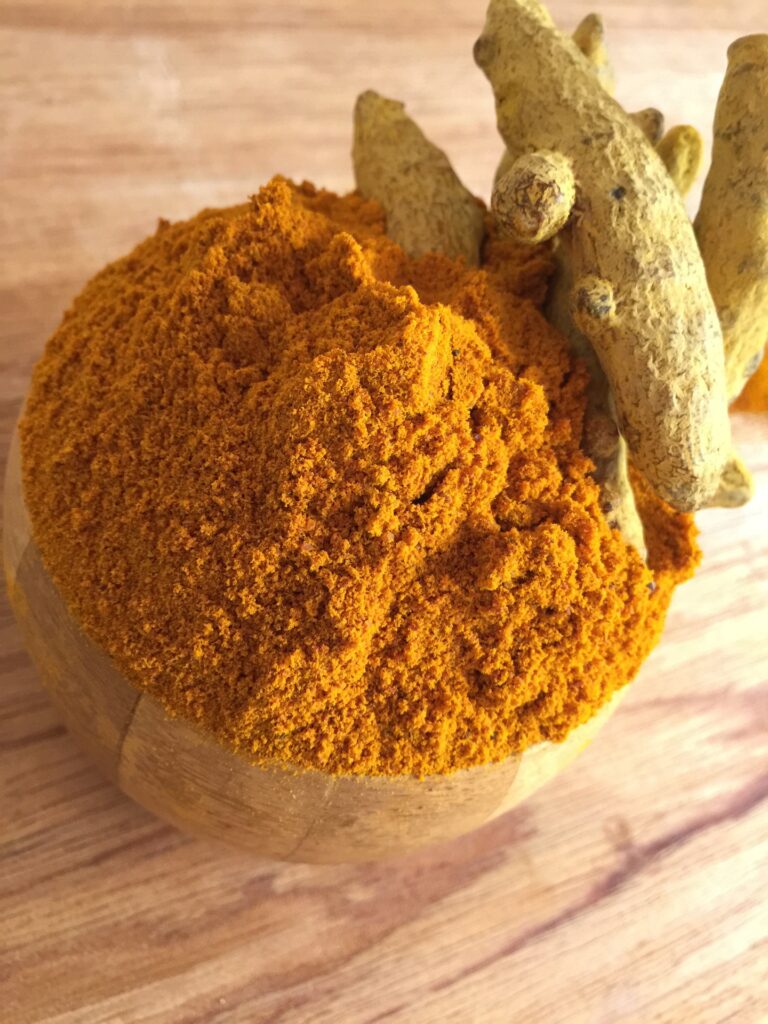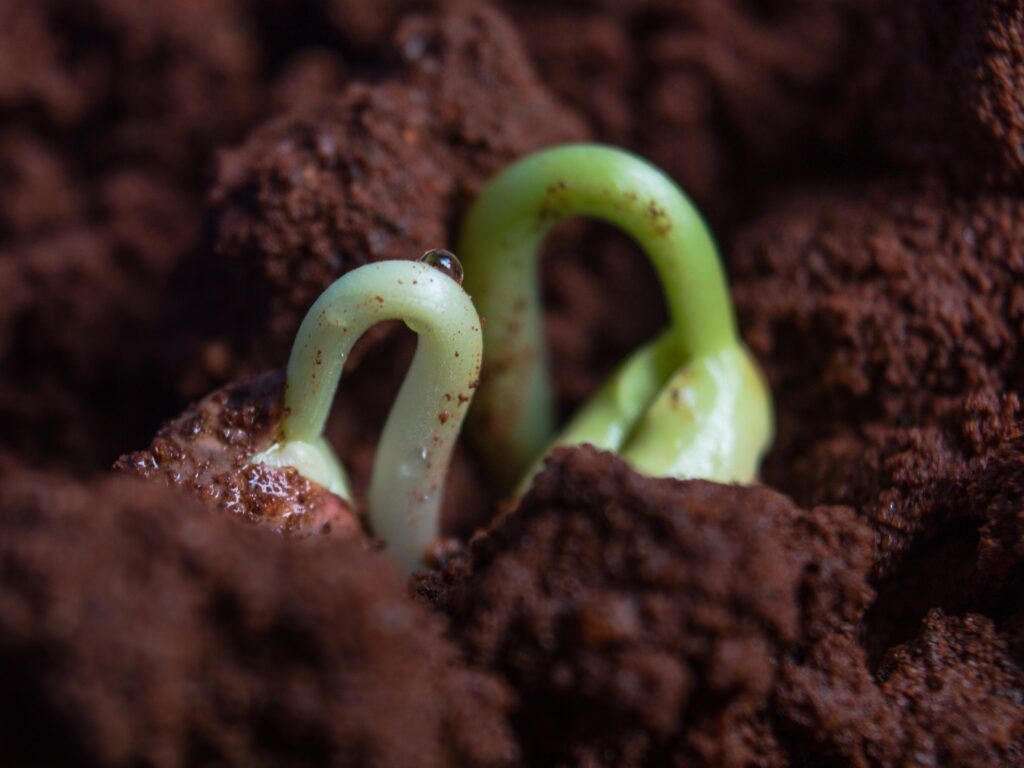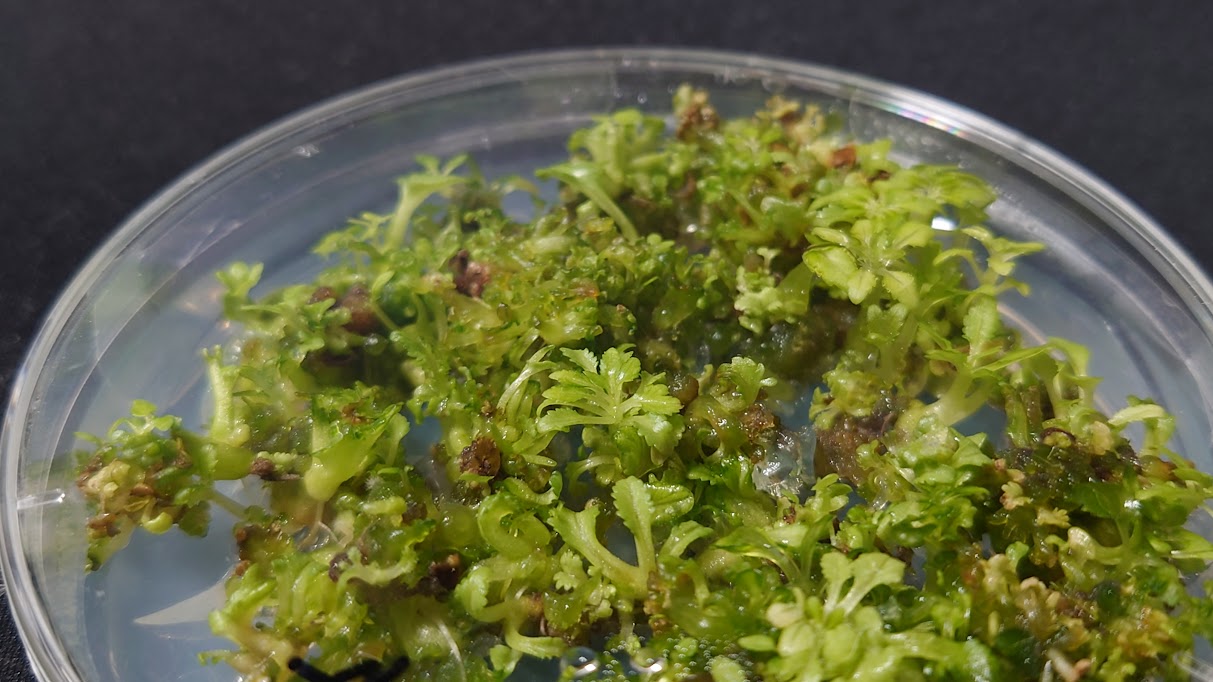The Effect of “Priming” on Seeds
When cultivating crops and cereals, seeds are sown. Recently, commercial varieties often have seeds that are treated or coated with “priming agents.” Priming suppresses diseases right after germination and aids growth post-germination. Typically, synthetic antibiotics and such are used for priming, but considering the impact on soil environment and sustainability, there is a demand for the development of natural priming agents. In this context, a study from India has reported that priming with extracts from turmeric (a spice traditionally used in medicine) and neem (a tree used in ancient medicine) leaves has helped in germination and growth. This is a must-check!
Physio-biochemical responses and crop performance analysis in chickpea upon botanical priming
Germination and Growth of Chickpeas Improved with Spice Extract Treatment!
The spices used were turmeric and neem. These spices were powdered, dissolved in water, and left to sit overnight. Chickpea seeds were then soaked in this rested spice extract for cultivation. As a result, the germination rate and growth of chickpeas significantly increased compared to seeds treated with existing priming agents (antibiotics). Particularly, the effect of turmeric was significant, improving germination rates by 10%, and increasing both the size of the above-ground parts and the dry weight. A final yield increase of 16% was confirmed, verifying the effectiveness of spice extract priming.

What Did the Spice Extract Do to the Chickpeas?
Investigations were conducted on why the yield increased. As a result, various changes were observed in the seeds treated with the spice extract.
① Improved Early Amylase Activity
Amylase acts as a starter in the reaction that converts stored starch into energy. A quick start in amylase activity promotes growth immediately after germination.
② Increased Protease Activity
Proteases synthesize amino acids from stored proteins. Amino acids are essential components for plant growth, and their enhanced supply promoted growth.
③ Enhanced Antioxidative Activity
The germination process is very stressful, generating reactive oxygen species. Excessive reactive oxygen species attack cells and inhibit growth, but enhanced antioxidant power can remove them and allow healthy growth.
④ Increased Phytase Activity
Seeds store phytic acid, which functions as a supplier of phosphates, vitamins, and inorganic salts. Phytase is an enzyme that breaks down phytic acid, supplying components necessary for growth.
While there were other minor changes, the spice extract generally caused such changes in the seeds, aiding their growth. This is a remarkable effect.
Development of Natural Priming Agents
The plant-derived components introduced this time, such as turmeric and neem, do not significantly impact the soil when scattered. They are cultivated as edible plants, allowing low-cost production. Simply dissolving the dried material and letting it blend before applying it to the seeds makes for an effective and simple priming process.
The barriers to introduction are quite low. Although the research used chickpeas, it would be great to verify the effects on other plants as well!




コメント